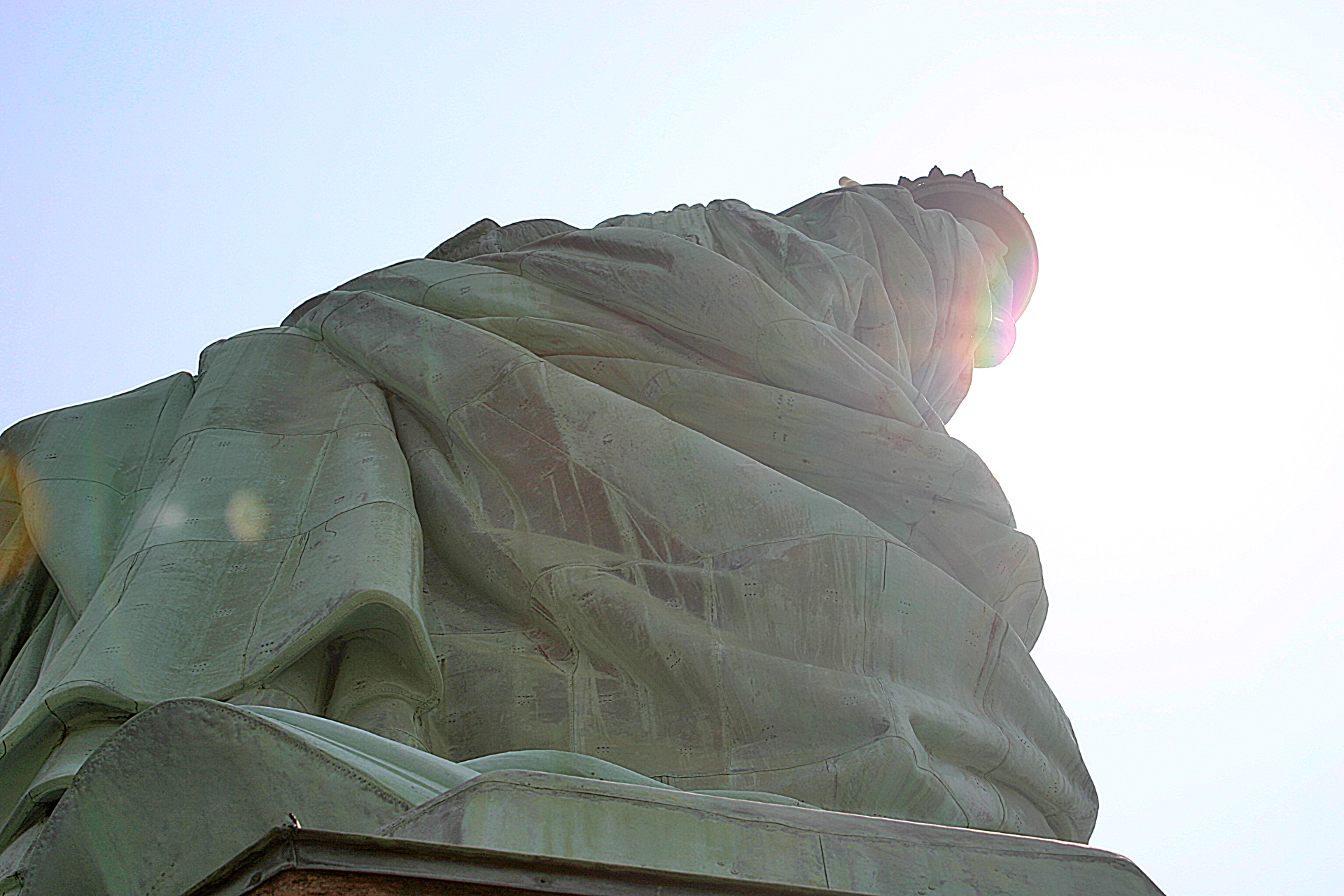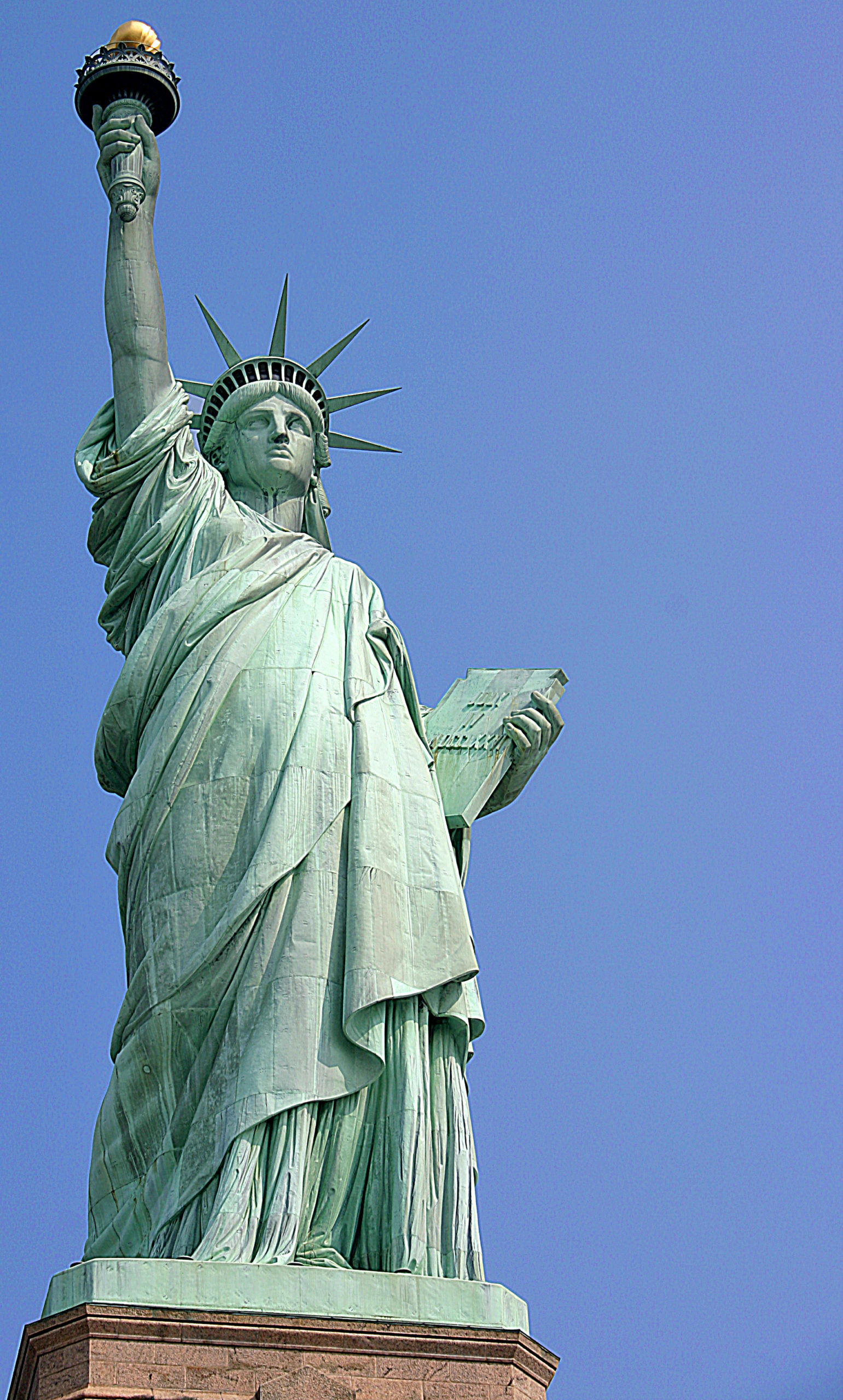Yesterday was 20 years since the horrific events of Tuesday, September 11, 2001 occurred, which has caused many people to reflect on the United States as a country — especially with regard to some of the profound occurrences of its relatively nascent history…
Sunday Morning Photograph September 12 2021: The Deflation of Liberty.
…and within the past 19 months or so, a lot of skeletons have been pushed out of the proverbial dark closet and out into the bright public spotlight — likely because of the current 2019 Novel Coronavirus pandemic — and a profusion of negativity has prompted the question of whether liberty in the United States has been deflated.
Before we continue, what is the definition of liberty?
- The state of being free within society from oppressive restrictions imposed by authority on one’s way of life, behavior, or political views: compulsory retirement would interfere with individual liberty.
- (usu. liberties) an instance of this; a right or privilege, esp. a statutory one: the Bill of Rights was intended to secure basic civil liberties.
- the state of not being imprisoned or enslaved: people who have lost property or liberty without due process.
- (Liberty) the personification of liberty as a female figure.
- the power or scope to act as one pleases: individuals should enjoy the liberty to pursue their own interests and preferences.

Intentionally stifling the free and public flow of information can be considered a violation of the First Amendment of the Constitution of the United States if leaders and other officials and politicians do so; and not so when a corporation does so…
…but when governments and multinational technology companies do so — as some seem to have been wont to do in recent years — the result is arguable a degradation of liberty.
When people cannot discuss the tough issues which we as a country face — whether the topic is based on race, gender, politics, health, finance, age, religion, or relations with the rest of the world — towards a fair and equitable solution, is that considered a deflation of liberty?
What about if people try to purposely avoid discussion of those aforementioned issues, hoping that things will somehow magically improve? Could that contribute to a deflation of liberty?
Final Boarding Call
Is liberty actually deflated?
Despite the problems and issues which the United States — and, the world, for that matter — faces, we have the power to communicate, improve, solve, resolve, and advance. We have the power to overcome our flaws, faults, and imperfections — at least some of the time — if we simply put our minds to doing so. The United States is not perfect by any stretch of the imagination — but it is not hopeless, either. We can all roll up our sleeves to do whatever is necessary to keep our minds open and approach our points of view from different angles.
An excellent illustration by example is to look at the photograph of the Statue of Liberty at the top of this article, which — from the bottom — appears to be deflated…

…and look at the photograph of the Statue of Liberty which is shown above. The photographs of the very same Statue of Liberty were taken within minutes of each other from different angles — and yet, the appearance between them is strikingly different.
As illustrated by the photographs in this article, the answer to the question of whether liberty is actually deflated is that it is all a matter of perspective.
Please click here for a complete list of the Sunday Morning Photograph series of articles at The Gate.
All photographs ©2007 by Brian Cohen.
